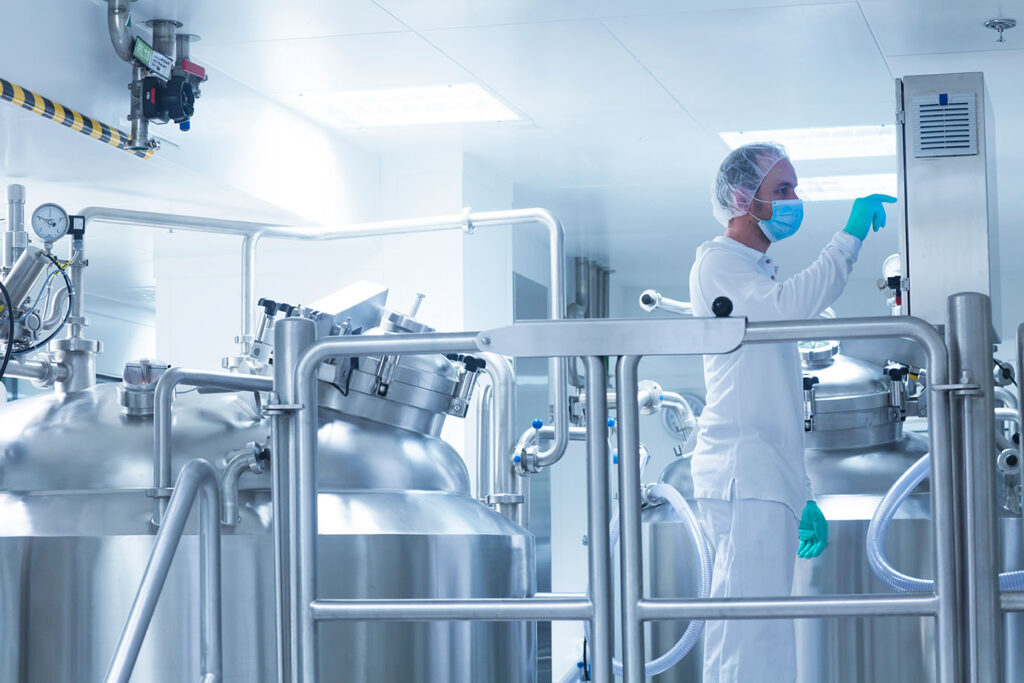The U.K.’s advanced therapy sector is increasing its capability to manufacture at the commercial scale. That’s according to Alice Brown, PhD, CSO at Purespring Therapeutics.
Brown was speaking after a panel discussion at the 21st Annual bioProcessUK Conference that celebrated the U.K.’s investment in manufacturing medicines.
According to Brown, who took part in a Q&A session, the discussion was highly positive but also focused on how to build on existing success.
“There’s growth in the U.K. manufacturing sector [for gene and cell therapies],” said Brown. “But we also need to attract more funding for later-stage development, as well as funding the early stages.”
According to Brown, the U.K.’s new Labor government has continued a pledge by the previous administration to invest £520 million in life sciences manufacturing.
In addition, British gene and cell therapy manufacturer eXmoor Pharma received last year a license to manufacture GMP-quality materials at the commercial scale.
“The £520 million allocated to that sector is a real boost and, as we’re at an early stage in the journey [for gene and cell therapies], that investment driving things forward and the energy is really positive,” she said.
Brown explained that, traditionally, early-stage advanced therapy companies in the U.K. have often felt obliged to sell out to American or European manufacturers to decrease the risks and costs of moving to commercial scale.
However, she said, manufacturing in the U.S. isn’t the perfect option because of the time differences and the costs of flying team members across the Atlantic.
The growth of companies, such as eXmoor, with the capacity to manufacture gene and cell therapies at the commercial scale is a step towards more manufacturing remaining in the U.K.
eXmoor made a multi-product, multi-year manufacturing deal with Quell last year.
However, she said, it’s also important to build the U.K.’s reputation as a place for gene and cell therapy manufacturing. Not only to reinvest the money from U.K. gene and cell therapy manufacturing back into the biotechnology sector, but also to attract companies from outside the U.K. to manufacture.
“There’s a lot of expertise in the country,” said Brown. “It’s very close to mainline Europe, and there are lots of complex biologics being developed.”
Gene and cell therapy pioneer, Oxford Biomedica, and Cobra Biologics recently purchased by Charles River, are among the U.K. advanced therapy companies with a long track record of success, she said.
“People already come to the U.K. for boutique gene and cell therapy expertise. Now that deep expertise needs to be translated into later-stage development, as well as carrying products through to market,” she said.
“There’s a real opportunity there, and I felt very positive [during the panel discussion] that we were on the way to making that journey.”


